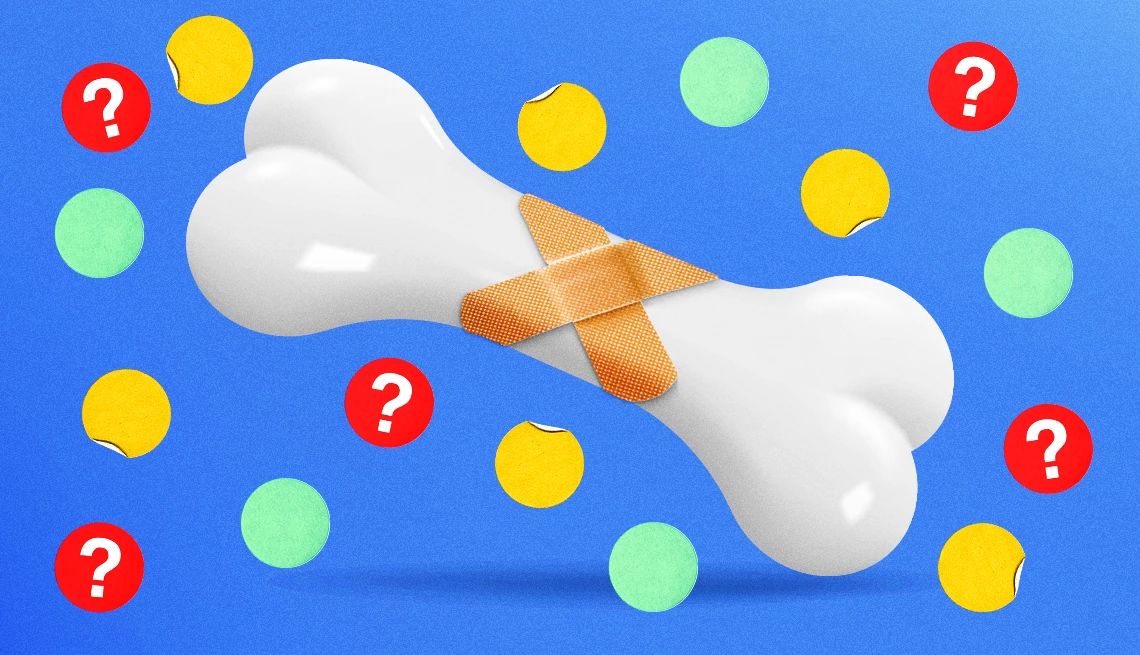AARP Hearing Center


This quiz was created with the assistance of generative AI. It was reviewed by editors before publication.
As we get older, our bones begin to lose strength and density. However, there are steps you can take — diet, exercise, medications and more — to keep your bones healthy and strong as you age. You can learn these tips, tricks and advice in AARP’s Smart Guide to Bone Health. After you’ve read that, take this quiz to test your knowledge of what you’ve learned.

































































You Might Also Like
Want to Strengthen Your Shoulder? Try This
Shoulder pain can make an ordinary task suddenly impossible. The solution: a resistance band, proper form, and these simple moves
How Can You Reduce Your Cancer Risk?
Learn how to take control of your health
Yoga Poses to Fight Osteoporosis
Build bone mass with these five easy moves
Recommended for You